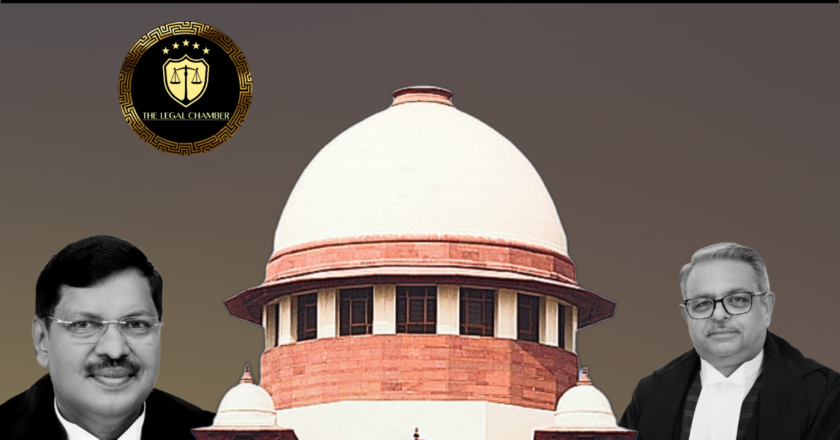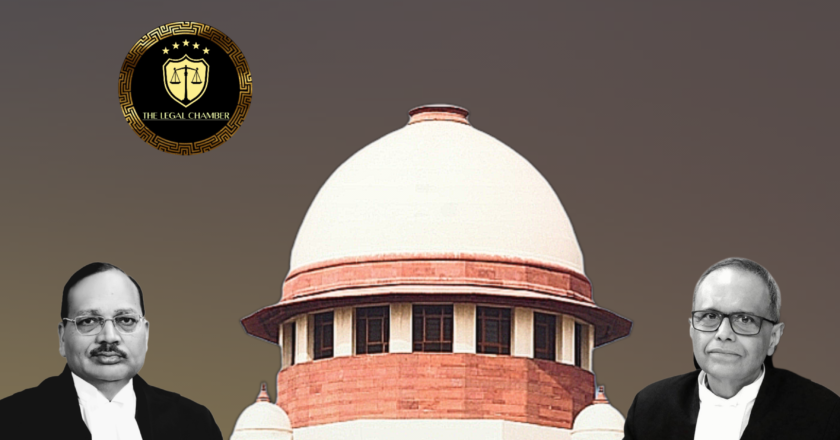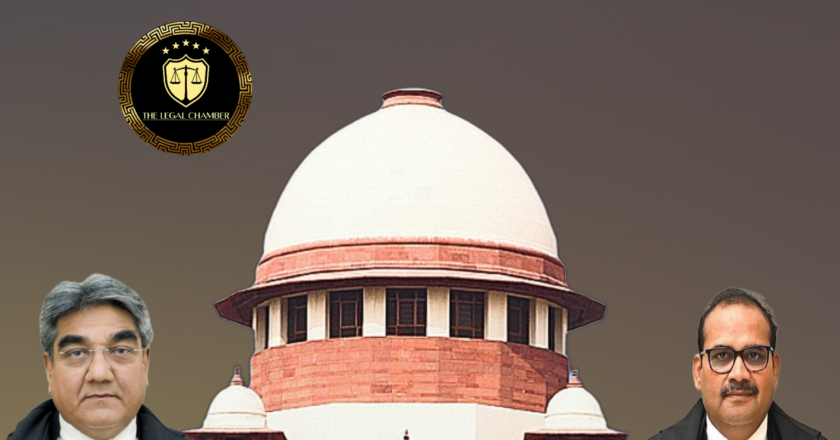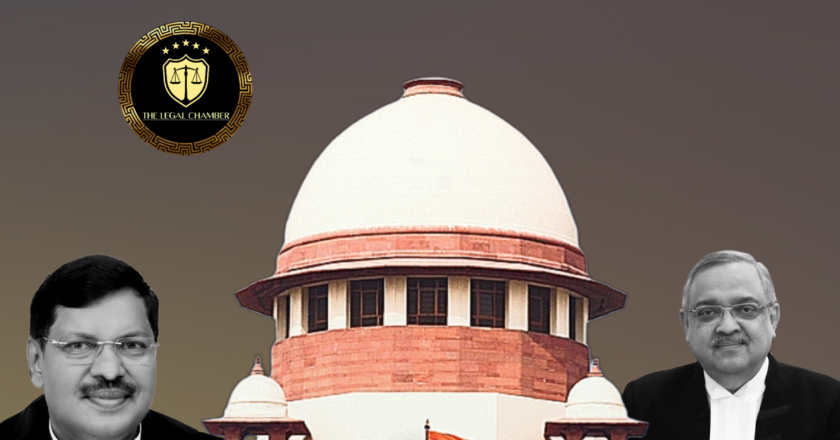Supreme Court to Re-examine If Ayurveda, Homeopathy Doctors Should Retire at Same Age as MBBS Doctors
The Supreme Court has referred to a larger bench the question of whether MBBS (allopathic) and AYUSH (indigenous system) doctors can be treated equally for service conditions like retirement age and pay. The Court noted divergent precedents on whether classification based on educational qualification and differing job functions violates Articles 14 and 16 of the Constitution.
Facts Of The Case:
The case involves a batch of Special Leave Petitions concerning the service conditions of doctors, specifically whether practitioners of allopathy (MBBS doctors) and those of indigenous systems like Ayurveda, Homeopathy, and Unani (AYUSH doctors) can be treated equally, particularly regarding retirement age. The legal dispute stems from varying retirement ages set by different states for the...









